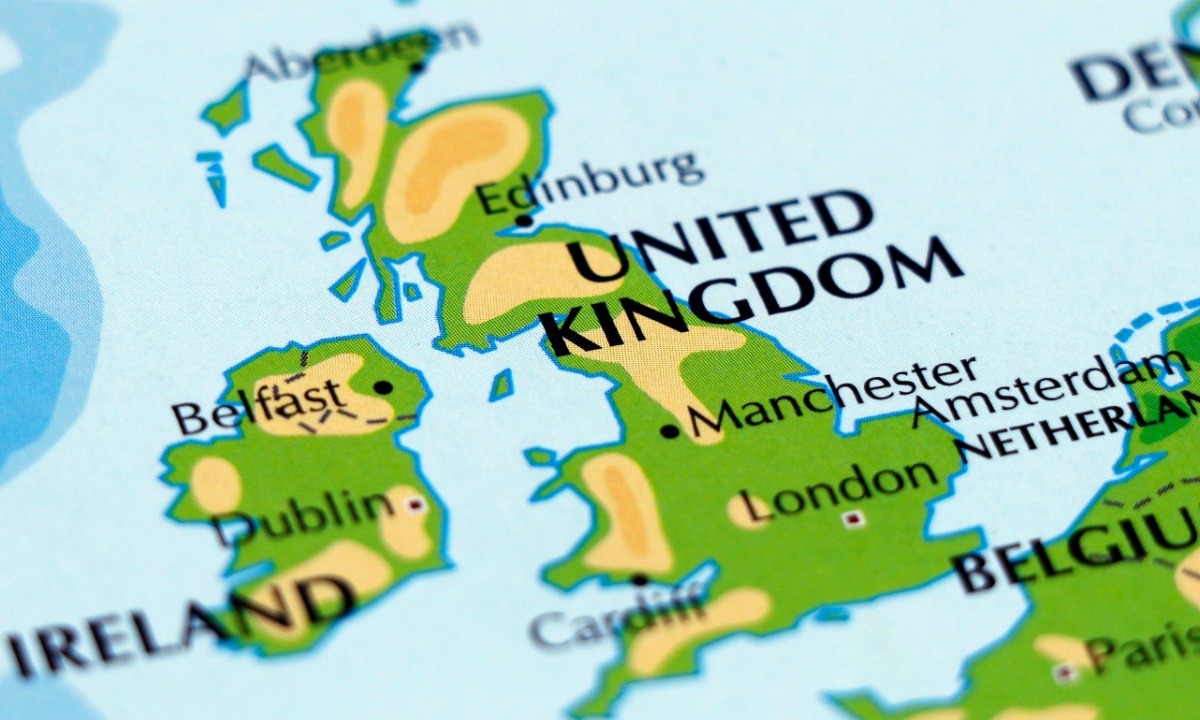American financial giants are investing in Great Britain ahead of a U.S.-U.K. technology summit.
The $1.6 billion investment is from companies including PayPal, Bank of America and Citigroup and will create 1,800 jobs in England, Scotland and Northern Ireland, the U.K. Department for Business and Trade said Saturday (Sept. 13).
“Strengthening ties with the U.S. boosts our economy, creates jobs, and secures our role in global finance, delivering on our Plan for Change,” said Business and Trade Secretary Peter Kyle. “These investments reflect the strength of our enduring ‘golden corridor’ with one of our closest trading partners, ahead of the U.S. presidential state visit.”
That visit is set to happen Tuesday (Sept. 16), with President Donald Trump due to meet with British Prime Minister Keir Starmer to sign a multibillion-dollar technology agreement.
As Reuters reported, that agreement will center on technologies such as artificial intelligence (AI), semiconductors, telecommunications and quantum computing.
“Cutting-edge technology such as AI and quantum computing will transform our lives,” U.K. Technology Secretary Liz Kendall said in a statement.
The Reuters report noted that Trump is expected to be joined during his three-day visit by U.S. tech executives such as Nvidia CEO Jensen Huang and OpenAI head Sam Altman.
Both countries have this year put forth AI action plans, Reuters added, with companies like OpenAI and Anthropic opening international offices in London, and U.K.-based firms like DeepMind investing in trans-Atlantic partnerships.
Writing about U.S. new AI action plan in July, PYMNTS noted that it included an acknowledgement by the Trump administration that strict export controls of AI technology could lead other nations to purchase tech from adversarial countries.
As such, the White House has said it was willing to export the country’s full AI tech stack, including hardware, software, models, applications and tech standards, provided the purchasing countries join “America’s AI Alliance.”
“The action plan also sought to creatively control exports so they don’t fall into the hands of adversaries,” that report said.
“One way is to use location verification features on advanced AI chips; another is to step up monitoring of sales. The plan also called for expanding export controls to cover semiconductor manufacturing component sub-systems, not just major systems.”
The report’s authors added that the U.S. must prevent adversaries from “free-riding on our innovation and investment.”
The U.K., meanwhile, has warned that promising AI startups were leaving England due to a lack of adequate capital, regulatory complexity and differences in culture.
